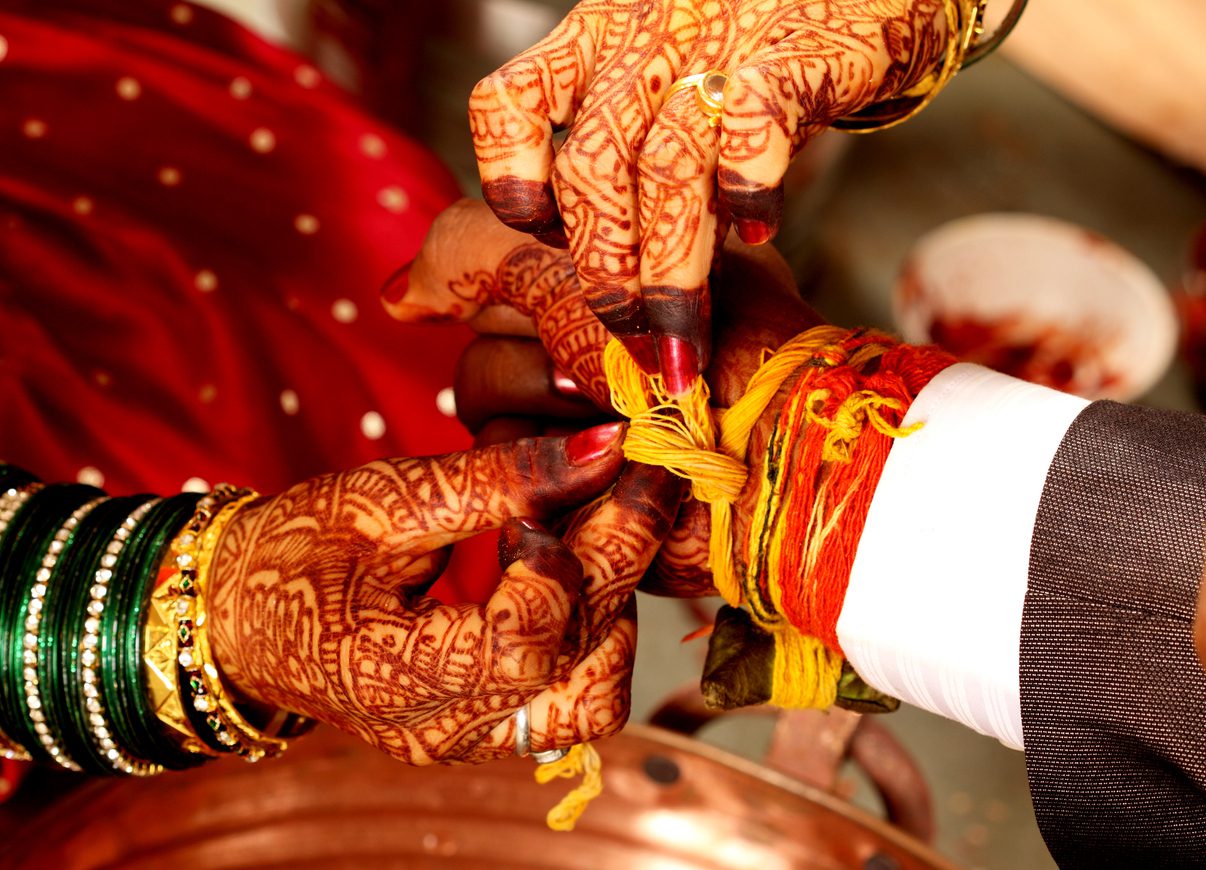Whether or not a religious ceremony meets legal requirements for marriage has implications in the law of succession as to who is entitled to receive the a participant’s assets in the event of their unfortunate demise.
In May 2019, Marco Sambucco and Mara Batur decided to marry.
 They approached Rev David Rock of the Baptist Union of Victoria, the lead pastor at their church at Port Arlington in Port Philip Bay to officiate at their wedding ceremony on 13 July 2019.
They approached Rev David Rock of the Baptist Union of Victoria, the lead pastor at their church at Port Arlington in Port Philip Bay to officiate at their wedding ceremony on 13 July 2019.
Rev Rock – an authorised marriage celebrant – told Marco and Mara that they needed to complete a ‘notice of intention to marry’ to meet statutory requirements for the marriage to be legally solemnised.
They completed the notice and provided it to the Reverend on 20 May, comfortably before the requisite minimum 30 day period prior to the ceremony arranged for 13 July.
Soon after lodging the notice of intention, Marco learned that his cancer was not responding as well as had been expected to treatment.
He decided to seek urgent medical intervention overseas which meant the couple would be absent from Australia on the dated of the planned ceremony.
They discussed their predicament with Rev Rock and it was decided that a small ceremony could take place on 8 June before they departed abroad and that on their return a larger ceremony with the formal legal requirements would be conducted.
In making the plans for two ceremonies they had overlooked that had they obtained an abridgement of time in connection with their notice of intention to marry – as they were entitled to do – all legal steps could have been checked off so that the 8 June event was entirely lawful.
The ‘small’ ceremony went ahead in a form that complied with the church’s marriage protocol and it felt to the couple they had been “married in the eyes of God” even though they knew the formal requirements had not been met.
After returning from overseas on 13 August, Marco was admitted to hospital. A blessing and exchange of wedding rings took place in the hospital before Marco died on 9 September before any repeat ceremony could be performed.
Marco’s will – made in 2015 – left his $5.3 million estate by way of a discretionary trust to any children – of which there were none – and his parents, siblings and other family members and related entities.
Rev Rock decided to issue Mara a “Certificate of Commitment” as a product of the 8 June event which sufficed under Victorian law for her to apply for and be granted a marriage certificate.
She then applied for and received in January 2020 a Grant of Letters of Administration of Marco’s intestate estate on the basis that their marriage invalidates prior will of 2015 as a matter of law.
The legal implications of intestacy in those circumstances meant that Marco’s entire estate would pass to Mara as his spouse.
To prevent that outcome Marco’s parents Pier and Odilla and his sister Luisa, applied to the Court arguing that the marriage was not valid and the 2015 will remained valid and effective.
Justice Steven Moore in the Victorian Supreme Court noted that the seminal issue he needed to decide was whether or not Marco and Mara were legally married in the ceremony conducted by Rev Rock in June 2019 so that the marriage invalidates prior will.
Pier, Odilla and Luisa argued that the marriage was not legally effective as the formalities required had not been met and that Marco and Mara both knew that it was merely a “religious” event.
After a detailed examination of the formalities required by the Marriage Act, Justice Moore held that a religious marriage ceremony is sufficient to solemnise a marriage.
Rev Rock had been mistaken in his belief that the formal documentary requirements set out in the Marriage Act had to be complied with for there to be a legally valid marriage.
This mistaken belief – also held by the participants – did not negate the legal effect of the ceremony given it was intended to be a ceremony of marriage according to the Rites of the Baptist Union of Australia and thus a valid marriage ceremony according to law.
Justice Moore also rejected the submission by Pier, Odilla and Luisa that Marco and Mara had not, as required by the Marriage Act, consented to a valid marriage as they had (mistakenly) believed that they were only undergoing a “religious” ceremony.
His honour held that such a mistaken belief did not mean there was no consent to marry, noting that it relied on the incorrect assumption that the Marriage Act differentiates between ‘legal’ and religious’ marriages.
Marco and Mara had clearly intended to marry and the fact that they thought it was not legally valid did not take away that intent.
His honour confirmed that June 2019 the marriage invalidates prior will of Marco made in 2015. He dismissed the application by Marco’s family for a revocation of the Grant issued to Mara.
Re Sambucco [2022] VSC 699 Moore J, 21 November 2022




